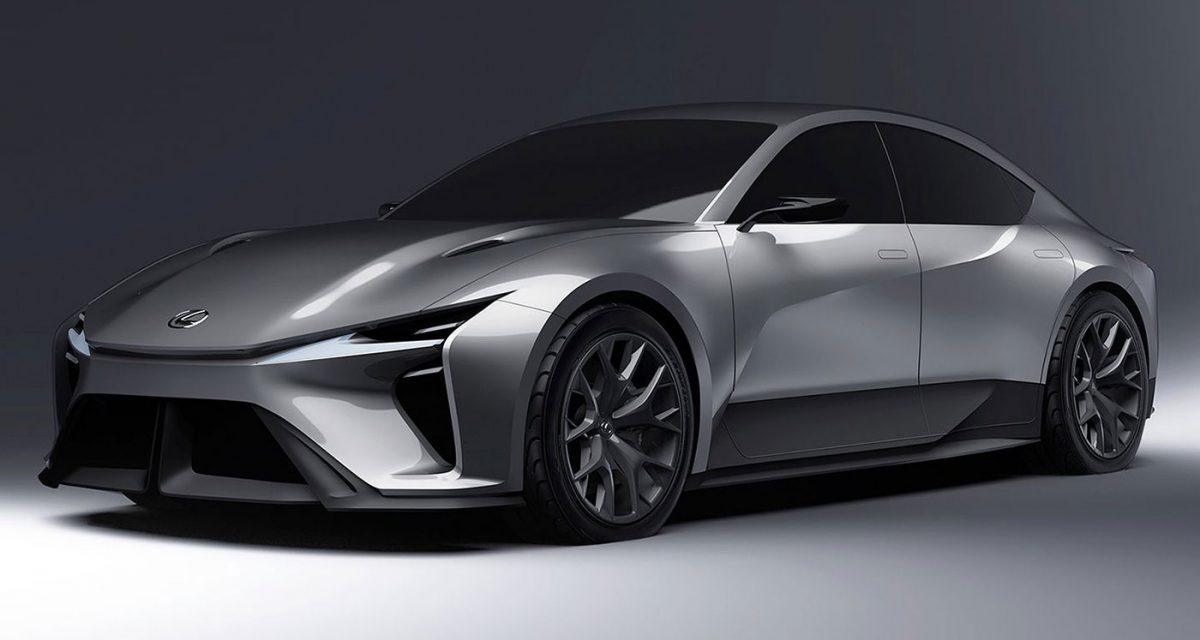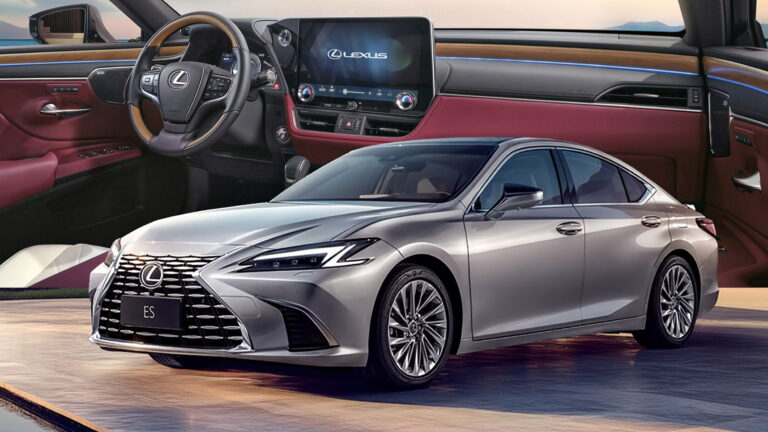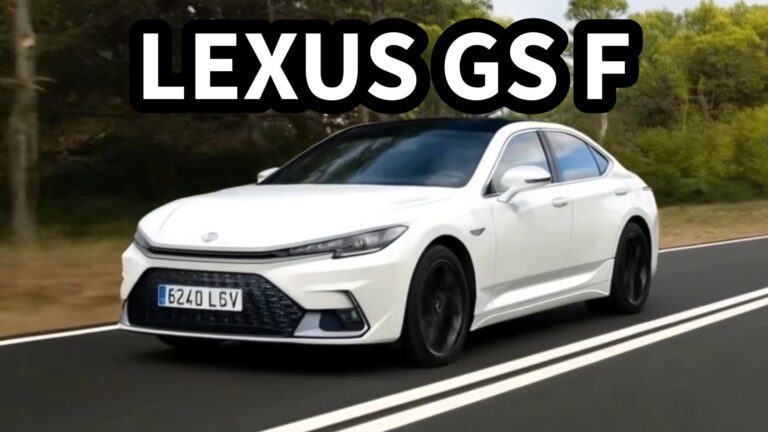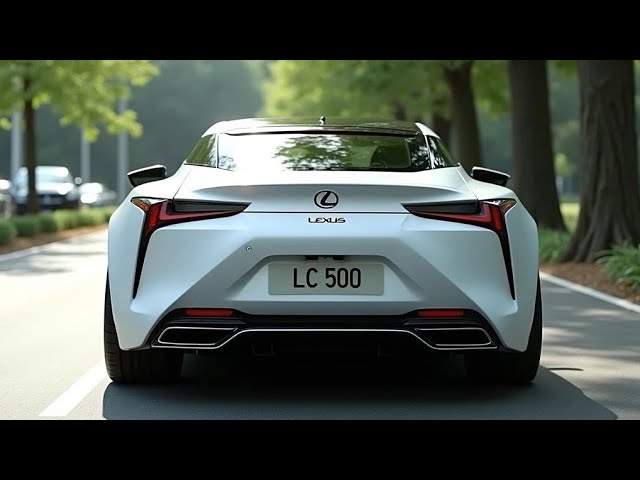2026 Lexus EV: Unveiling the Future of Electrified Luxury
Pricing Sensitivity and Elasticity

The Lexus EV is expected to be priced competitively in the luxury electric vehicle market. However, it is important to conduct a price sensitivity analysis to determine the impact of price changes on demand.
The price elasticity of demand measures the responsiveness of quantity demanded to changes in price. A price elasticity of -1 indicates that a 1% increase in price will lead to a 1% decrease in quantity demanded. A price elasticity of 0 indicates that a change in price will not affect quantity demanded. A price elasticity of -2 indicates that a 1% increase in price will lead to a 2% decrease in quantity demanded.
Price Sensitivity Analysis
A price sensitivity analysis can be conducted using a variety of methods, including surveys, experiments, and historical data. The results of the analysis can be used to develop optimal pricing strategies.
For example, if the price elasticity of demand for the Lexus EV is -1, then a 1% increase in price will lead to a 1% decrease in quantity demanded. This means that Lexus should be cautious about raising the price of the EV, as it could lead to a significant decrease in sales.
Optimal Pricing Strategies
Based on the results of the price sensitivity analysis, Lexus can develop optimal pricing strategies. These strategies may include:
- Setting a price that is competitive with other luxury electric vehicles
- Offering discounts or incentives to early adopters
- Bundling the EV with other products or services
FAQ Corner
What is the expected price range for the 2026 Lexus EV?
The 2026 Lexus EV is expected to be priced competitively within the luxury EV segment, with a potential starting price in the range of $60,000 to $70,000. However, the final pricing will be influenced by various factors, including battery technology, production costs, and market demand.
How does the 2026 Lexus EV compare to its competitors in terms of pricing?
The 2026 Lexus EV is expected to be priced in line with other luxury EVs in its class, such as the Tesla Model X, Audi e-tron, and Mercedes-Benz EQS. Lexus aims to offer a compelling value proposition by balancing competitive pricing with premium features, advanced technology, and exceptional customer service.
What factors could influence the pricing of the 2026 Lexus EV?
Several factors could impact the pricing of the 2026 Lexus EV, including the cost of battery technology, manufacturing processes, supply chain dynamics, and market competition. Lexus will carefully consider these factors to ensure optimal pricing that aligns with customer expectations and market conditions.






